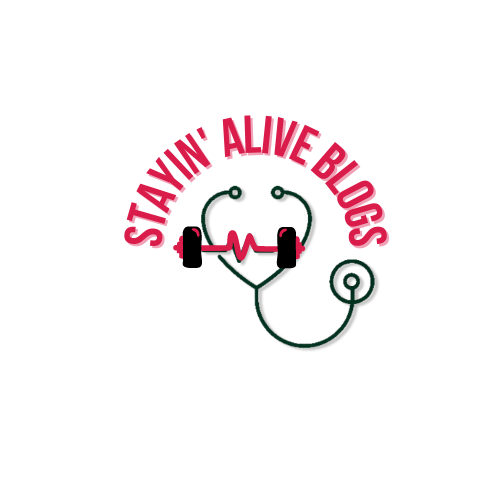Introduction
Are you curious about what lies ahead for nursing? The future is bright and promising, with several trends shaping the nursing profession. In this blog, we will explore five key trends that are set to transform nursing and improve patient care globally. These trends include the growth of telehealth, online nursing education, nonclinical nursing careers, expanded scope of practice, and cutting-edge technological advances.
Growth in Telehealth: Telehealth, also known as telemedicine, is transforming nursing. Thanks to advanced digital communication and remote monitoring technologies, nurses can now provide care virtually, breaking down geographical barriers. With telehealth, nurses can talk to and assess patients in real-time, give recommendations, and even conduct follow-ups from the comfort of their homes.
Telehealth is making healthcare more accessible, especially in remote areas, and reducing the strain on overburdened healthcare facilities. Patients can get timely consultations without the need for long travels. For non-urgent concerns like diabetic education, lab test orders, or mild coughs, telehealth can be a convenient option, reducing wait times in clinics and emergency rooms.- Advances in Online Nursing Education: In recent years, digital communication companies have invested in creating better online learning tools, making education more accessible and affordable. Online nursing education is gaining popularity due to its flexibility and accessibility. Nurses can work while pursuing advanced education, striking a better work-life balance. Moreover, online nursing education promotes lifelong learning for healthcare professionals. It helps nurses stay up-to-date with the latest medical advancements, evidence-based practices, and specialized skills. Virtual simulation labs provide practical training, preparing nurses to handle complex medical situations confidently.
- Emerging Nonclinical Nursing Careers: While clinical nursing remains vital, there are exciting nonclinical career paths for nurses outside hospitals and clinics. These roles include healthcare innovation, education, nursing entrepreneurship, and field case management for biologic medications. Nonclinical nursing careers allow nurses to utilize their skills and expertise in policy-making, driving innovation, and addressing healthcare challenges from different angles. For example, nurses working as case managers for biologic medications can advocate for better patient care, coordinating insurance benefits, and providing valuable information about potential side effects.
- Expanded scope of practice: As healthcare advances and the importance of nurses in patient care becomes evident, many regions are expanding the scope of nursing practice. This trend allows nurses to practice to the fullest extent of their education and training, making decisions regarding certain medical interventions. Expanded practice authority improves healthcare accessibility and patient outcomes. Nurses can build strong relationships with patients, focusing on preventive care and health education. This trend also addresses the shortage of primary care physicians, bridging the gap in healthcare delivery.
- Advances in Technology: Technological advancements are shaping the future of nursing. Innovations like robot-assisted surgeries, smart infusion pumps, and electronic health records streamline patient care processes, reducing errors and freeing up time for direct patient care. AI-driven algorithms help nurses analyze complex patient data, leading to more accurate diagnoses and personalized treatment plans.
Conclusion
The future of nursing is bright, with transformative trends revolutionizing the profession and patient care. Embracing telehealth, online education, nonclinical careers, expanded practice authority, and technological advances will empower nurses to provide better care and make a significant impact in healthcare. As we move forward, nurses will play a vital role in shaping a better, more accessible, and patient-centered healthcare landscape for all. Let’s embrace the change and work together for a brighter future in nursing.


